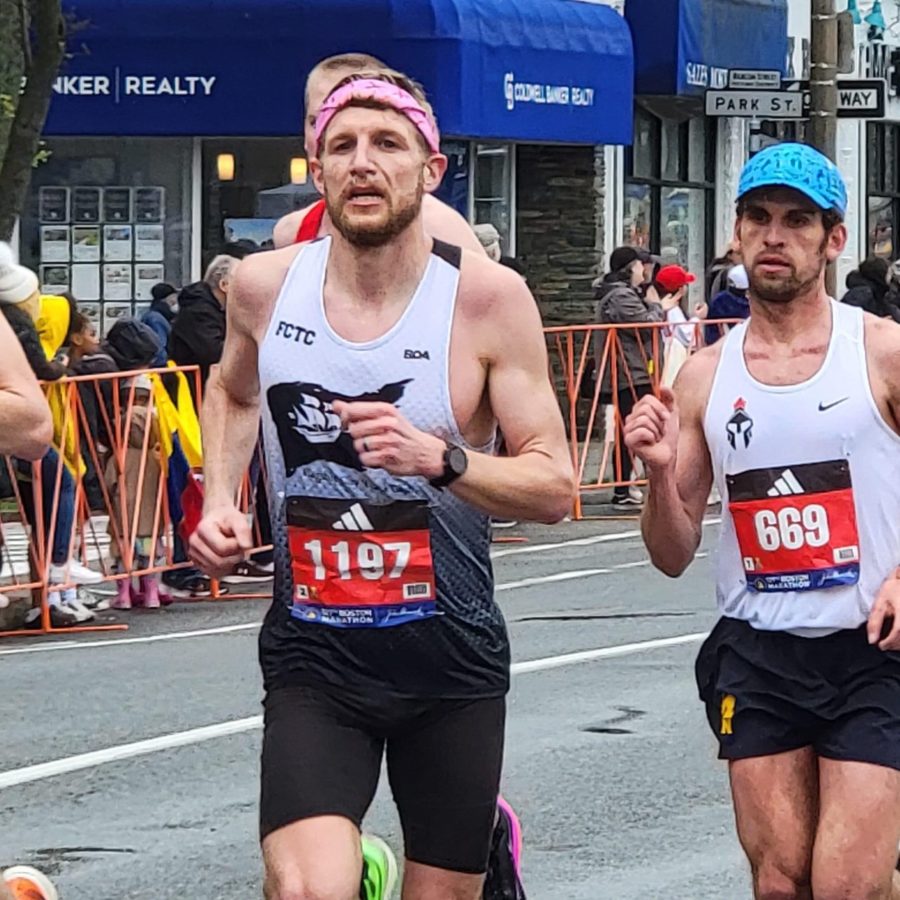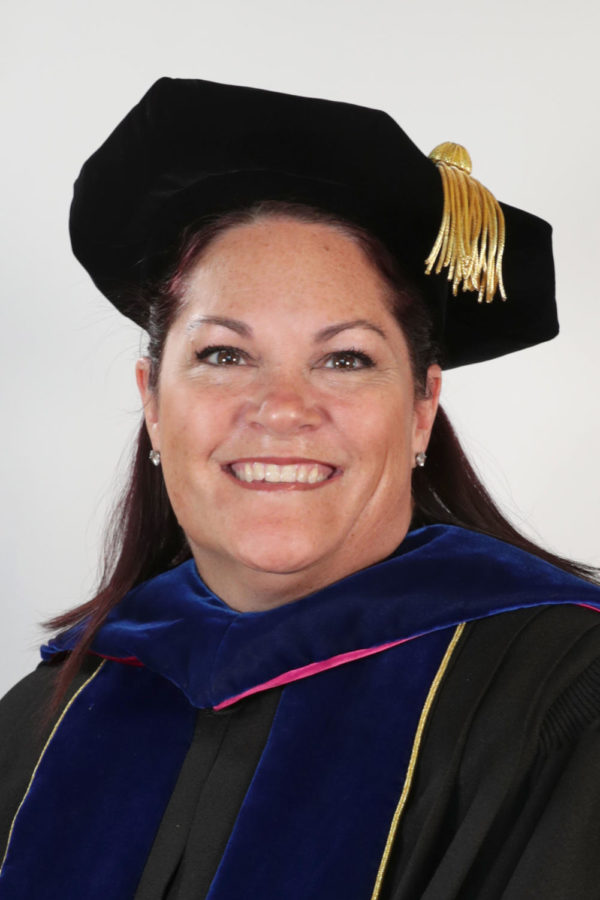Five Mercyhurst students working with the Mercyhurst Archeological Institute have been given the opportunity to work on The Old Vero Man Site, otherwise known as “Vero,” in Florida over J-Term.
The students, freshmen Steven Martz, Ele Hein, sophomore Amelia Bell, junior Clara Summa and senior Lauren Osmialowski were able to assist in excavating a site where animals and vegetation can be traced back to 22,000 years ago.
Hein, a freshman archaeology major who hopes to become a professor, learned of the opportunity while in her World Cultures class taught by the director of the Mercyhurst Archeological Institute, J.M. Adovasio, Ph.D.
Hein explained that along with gaining skills and experience in her field, she “was able to see the ocean for the first time ever.”
So far, various artifacts have been recovered during the excavation of Vero, such as stone flakes, bones and animal remains known as faunal material. According to Hein, it is an incredible feeling to be able to aid in the process of learning about and protecting the past.
The presence of humans at Vero can be traced back to roughly 13,000-14,000 ago, according to Adovasio.
The Old Vero Man Site, named after the set of fossilized human bones found near Vero Beach, Fla., first became of interest in 1916 when geologist E.H. Sellards claimed that ice age animal and human remains at the site were contemporaneous, in other words, suggesting that both had existed simultaneously during the Pleistocene period, a geological epoch which lasted from roughly 2.58 million to 11,700 years ago.
Sellards was ridiculed for what was such an outlandish concept at the time. Various people have researched Vero after Sellards, but overall, according to Adovasio, the site “languished in some sort of limbo ever since.”
The Mercyhurst Archaeology Institute, along with the local non-profit Old Vero Ice Age Sites Committee, was given the opportunity to begin excavations on Jan. 6, 2014.
The students along with professionals, were able to return to the site for the J-term to continue on with the excavations.
Vero is just the beginning for Hein, she said.
“I hope this adventure is one of many that I will have the honor to be a part of in my lifetime.”





Barb Bruns • Jun 20, 2020 at 10:42 am
A friend and I have found some unique fossils in the Indian River about 15 miles north of Vero Beach that we can’t identify yet. It looks like it could be a vertebrae, definitely bone and not tooth. Light weight and measures approximately one and a half inch long. Is there any way to send you a photo for identification?
Thank you for any assistance in advance!!
Barb Bruns